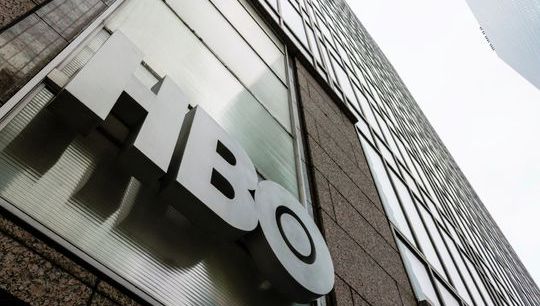Event Summary: Short Selling and Responsible Investment
Published: 28 September 2020
Panel Discussion: Short Selling and Responsible Investment
AIMA is dedicated to ensuring that our members have the support they need should they wish to implement responsible investment. As part of those efforts, we recently published Short Selling and Responsible Investment—an exploration of how short selling can be used to further responsible investment goals—with Simmons & Simmons. We also had the opportunity to host a panel discussion of the topic, with Darren Fox of Simmons & Simmons moderating a panel consisting of Pierre Lenders of CFM, Lukasz Pomorski of AQR, and Arnaud Langlois of Lombard Odier’s 1798 TerreNeuve fund.
To watch a recording of the panel, please click here.
While the PRI has noted that short selling “is one way for a hedge fund manager to express the view that an entity is not adequately incorporating ESG factors,” scepticism persists around the use of short selling in a responsible investment framework. We asked the panellists what they thought was behind this enduring reticence, and they gave several reasons:
- First, the erroneous perception that hedge fund firms are somehow incapable of practicing responsible investment persists in some quarters.
- Second, the fact that some stakeholders continue to mistake responsible investment for ethical investment. As one panellist said, responsible investment is about value, not values. It is not necessarily an expression of ethics; it is generally implemented to enhance risk management, and potentially returns.
- Third, it’s possible that some stakeholders simply have not thought about short selling and responsible investment. Since the hedge fund industry is comparatively small, and its investment activities complex, its need are often overlooked when it comes to the formulation of responsible investment guidance and regulation (something we have seen with the EU’s SFDR regulations). AIMA, of course, is intent on addressing this issue and filling those gaps.
We also asked the panellists how they use environmental, social, and governance (ESG) factors to inform their short selling. First and foremost, they argued that doing so was a way of hedging ESG risks. In many ways, governance (‘G’) factors have always been at the heart of short selling. The recent case of the alleged fraud at Wirecard, for instance, is an excellent example of short selling triggered by governance concerns. The panellists noted that such an approach could also work in the case of social (‘S’) factors; an issuer with poor workplace safety standards, for instance, might be at greater risk of financial harm from litigation. Finally, the question of hedging environmental risks was discussed. One panellist argued that short selling is one way of limiting a portfolio’s net exposure to carbon emissions (a proposition detailed in Short Selling and Responsible Investment).
Ultimately, acceptance of short selling and responsible investment will likely grow, as investors become more familiar with the abilities hedge fund firms can bring to the implementation of responsible investment. AIMA will continue its work to ensure that the unique contributions of the hedge fund industry in this area are recognised.





